Marta Branca elected Secretary General of HOSPEEM
Brussels, 14.12.2021
Marta Branca was re–elected Secretary General of HOSPEEM for a mandate period ending in December 2024.
Ms Branca has been involved in HOSPEEM’s activities since 2008 as a member of the Board and General Assembly on behalf of ARAN, Agenzia per la Rappresentanza Negoziale delle Pubbliche Amministrazioni, leading the HOSPEEM Italian Membership in which FIASO and INMI Spallanzani are also currently represented. She has been HOSPEEM Vice-Secretary since 2018.
At European level she is mainly responsible for leading the negotiations with the European Federation of Public Service Unions (EPSU) in the framework of the European Sectoral Social Dialogue Committee for the Hospital Sector and for representing HOSPEEM at high level meetings and towards the European institutions and other relevant stakeholders.
At national level Ms Marta Branca is representing ARAN, Agenzia per la Rappresentanza Negoziale delle Pubbliche Amministrazioni.
She has a long experience in the field of social dialogue and collective bargaining in the healthcare sector. She previously worked as Director General at the Italian National Institute for Infectious Diseases (INMI Spallanzani) and held several managerial positions in local and national health institutions (ASL Roma 3).
“It is an honour to be re-elected Secretary General of HOSPEEM and I am very grateful for the support expressed by members across Europe and by our Italian partners, e.g. FIASO – Federazione Italiana Aziende Sanitarie e Ospedaliere. I look forward to continuing our joint efforts as a strong European employers’ organisation, I am convinced important results are laying ahead of us in the years to come. In my quality as ARAN representative, founder Member of HOSPEEM, I strongly believe in the key role of social dialogue in the health sector at national and EU level. In this period of global emergency due to the pandemic, it is essential for health employers to bring their voice up.”
Marta Branca, HOSPEEM Secretary General, 14.12.2021

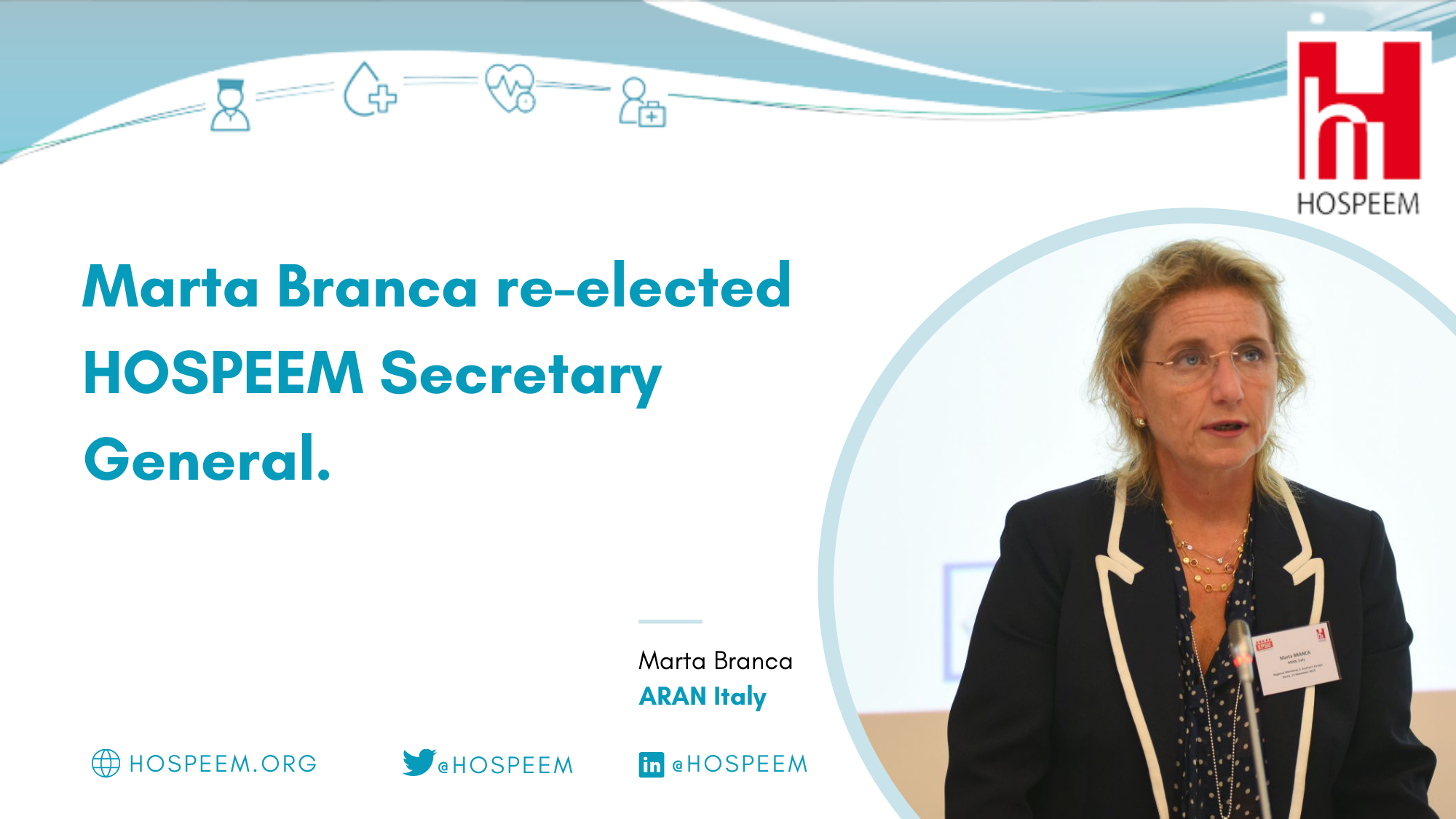
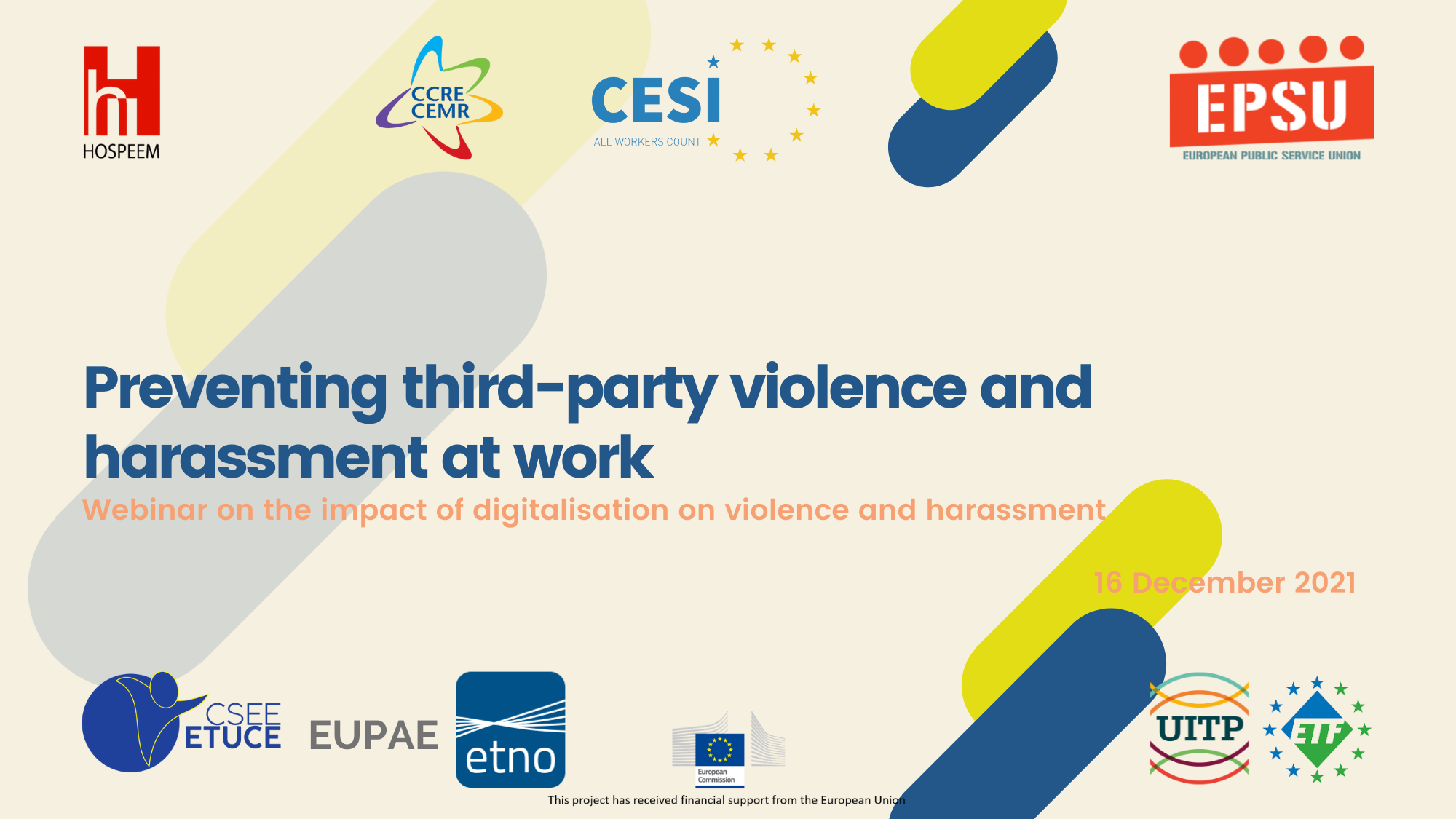
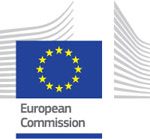

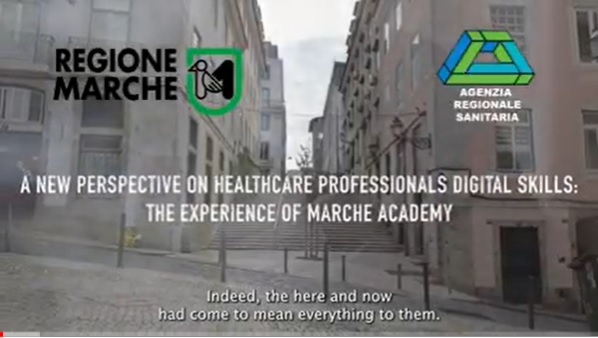
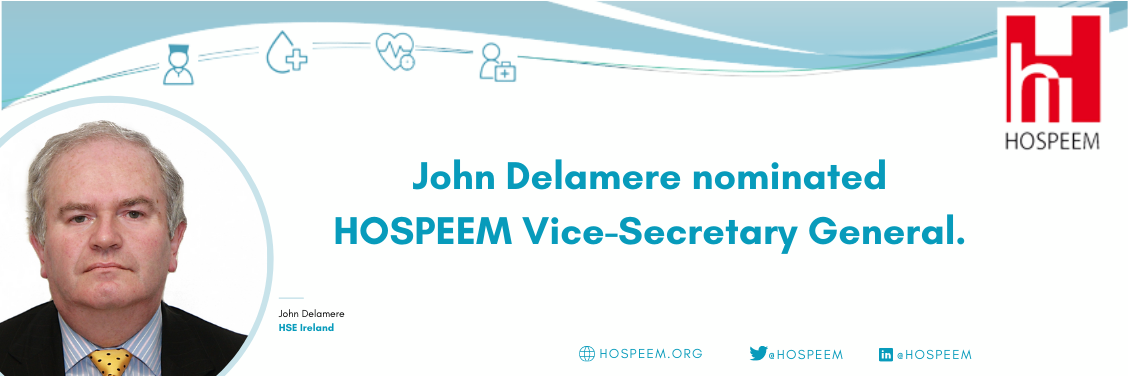
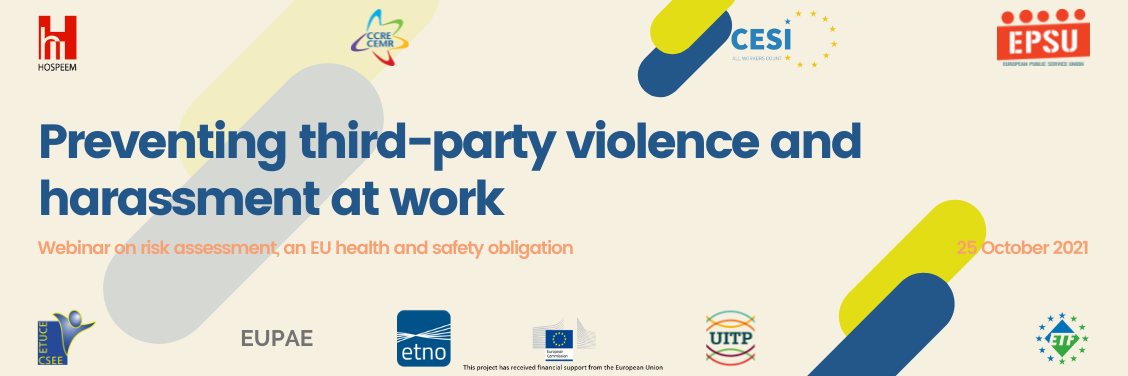
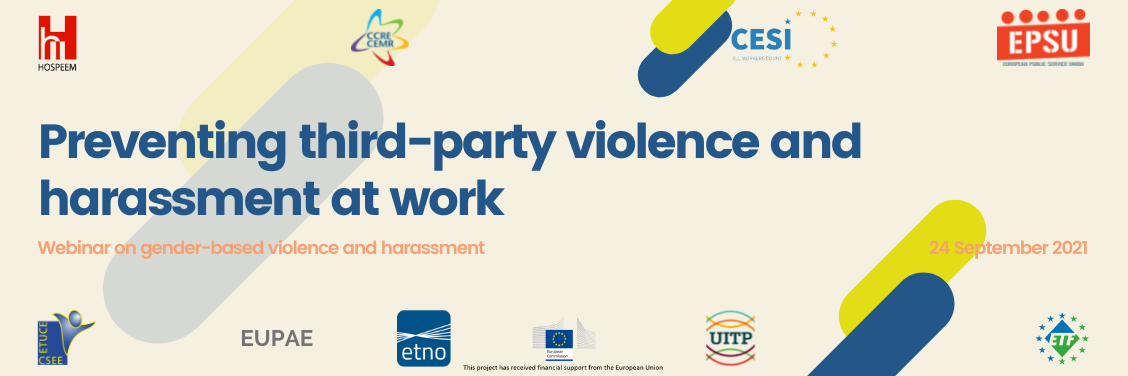
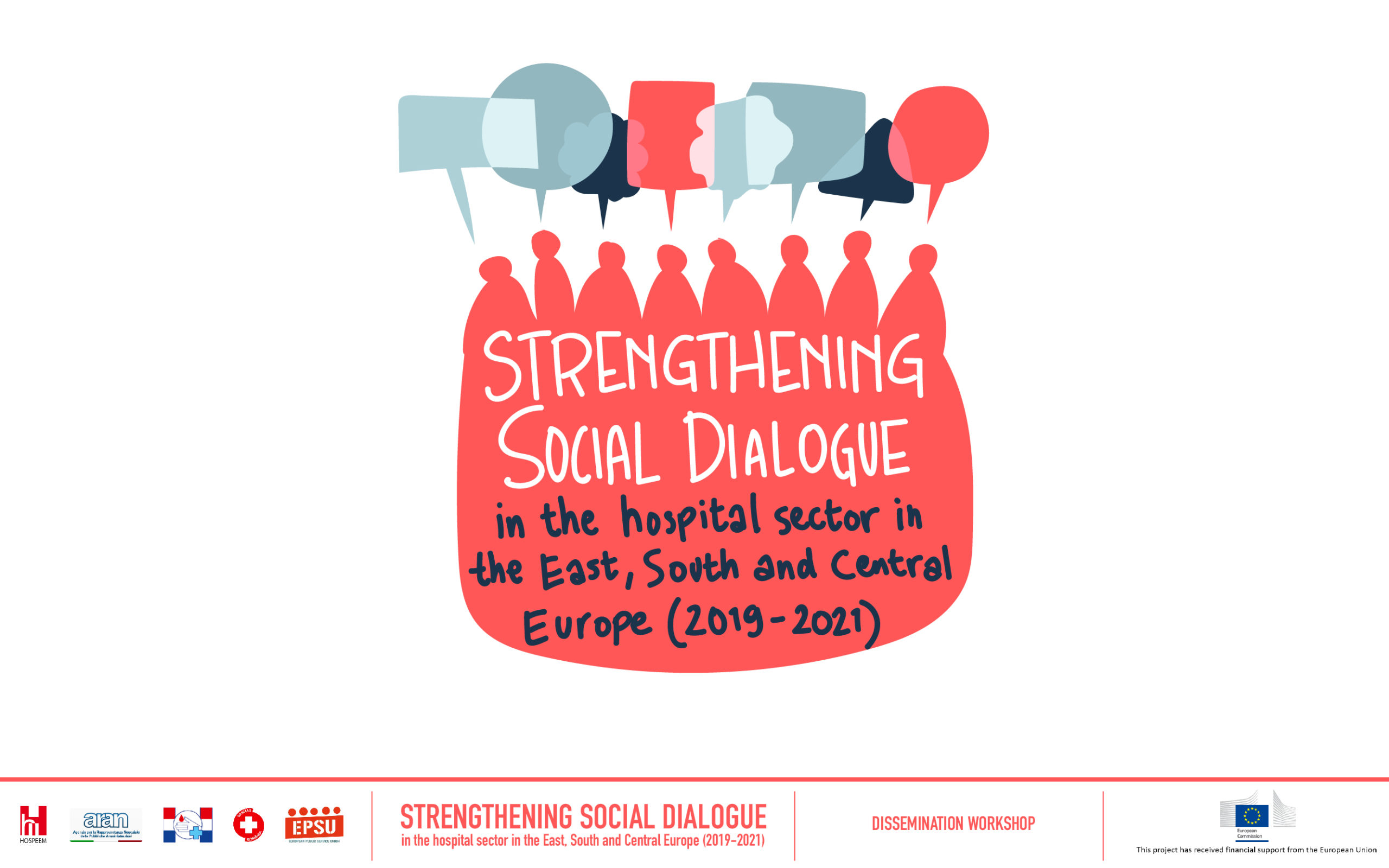
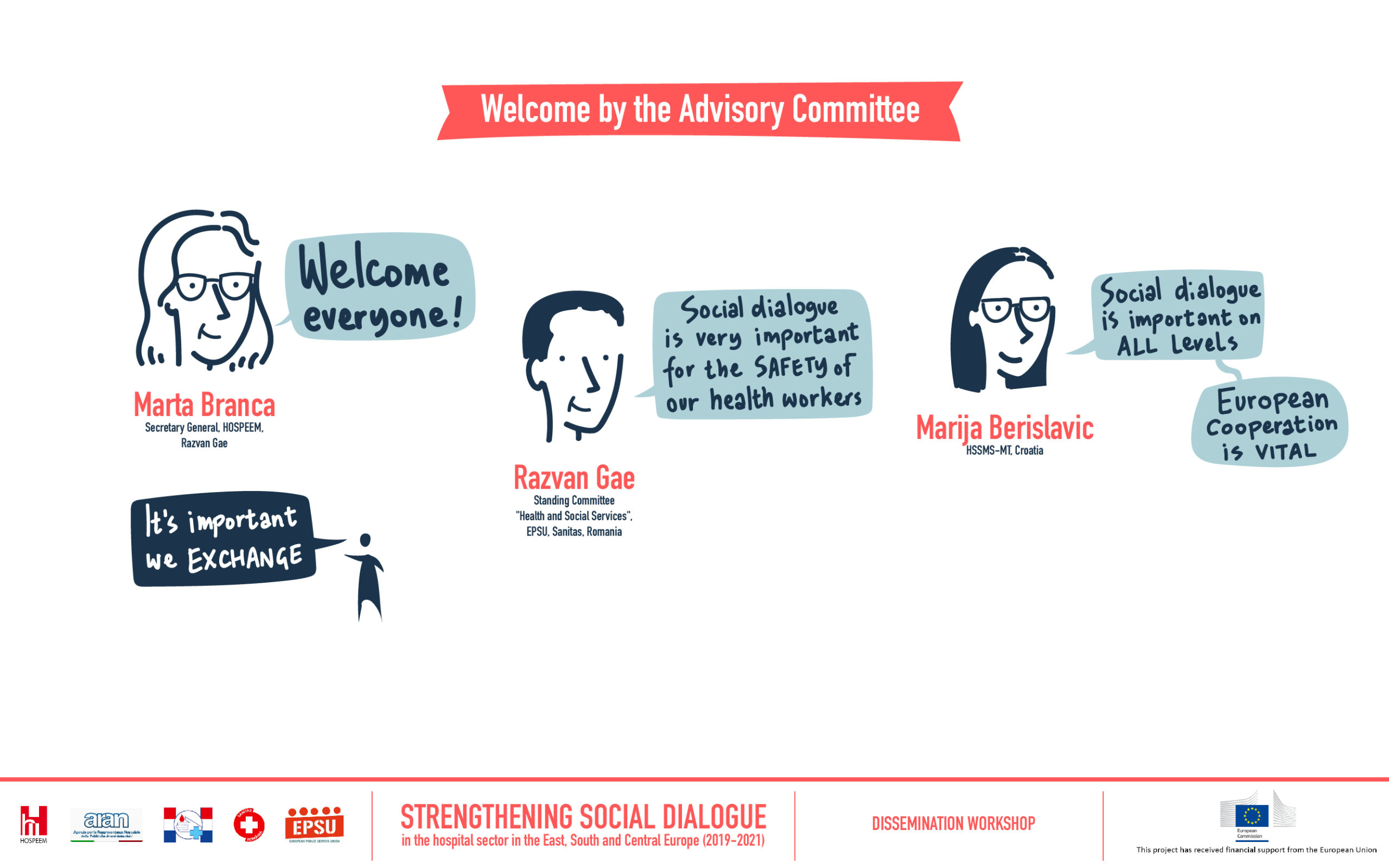
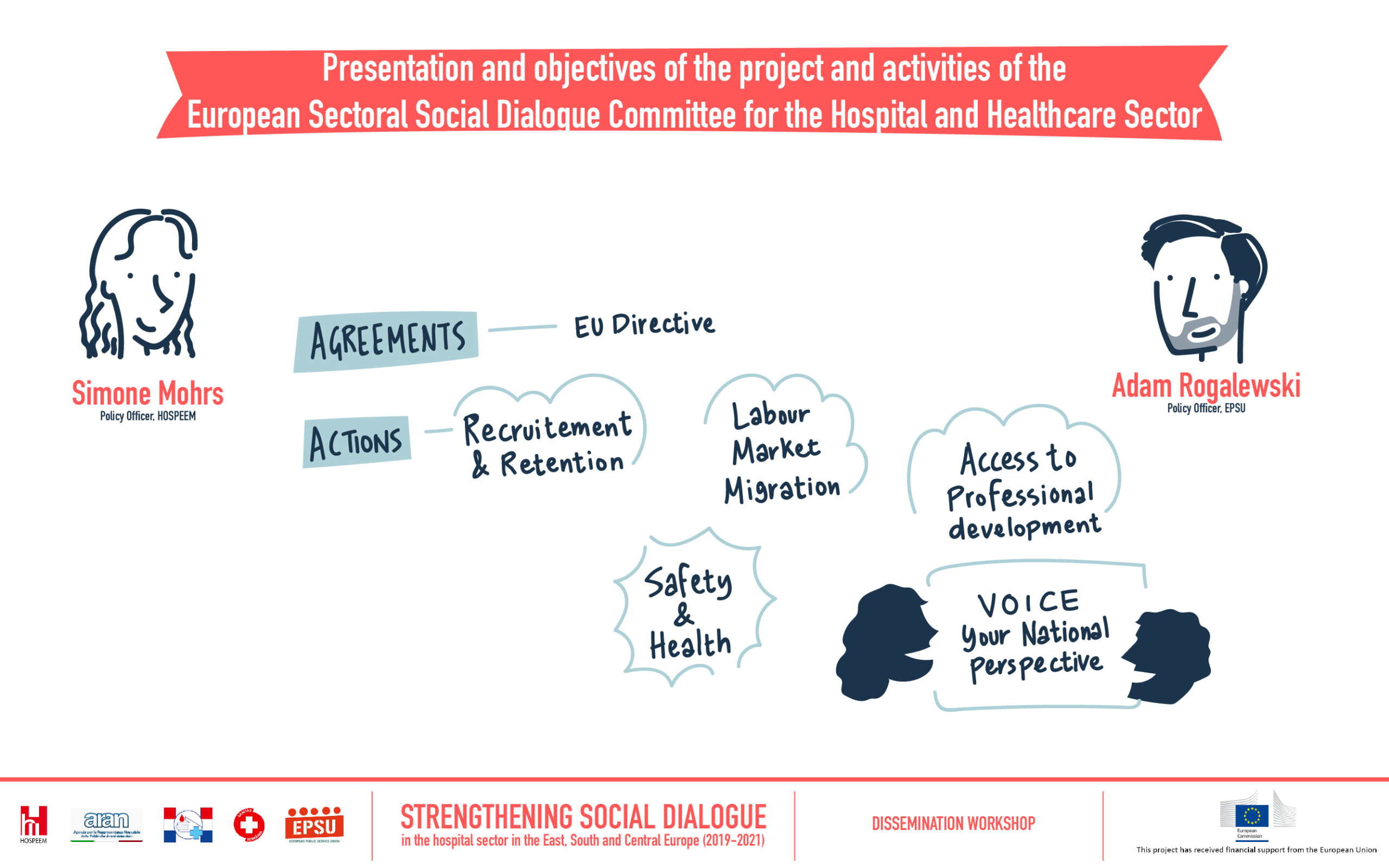
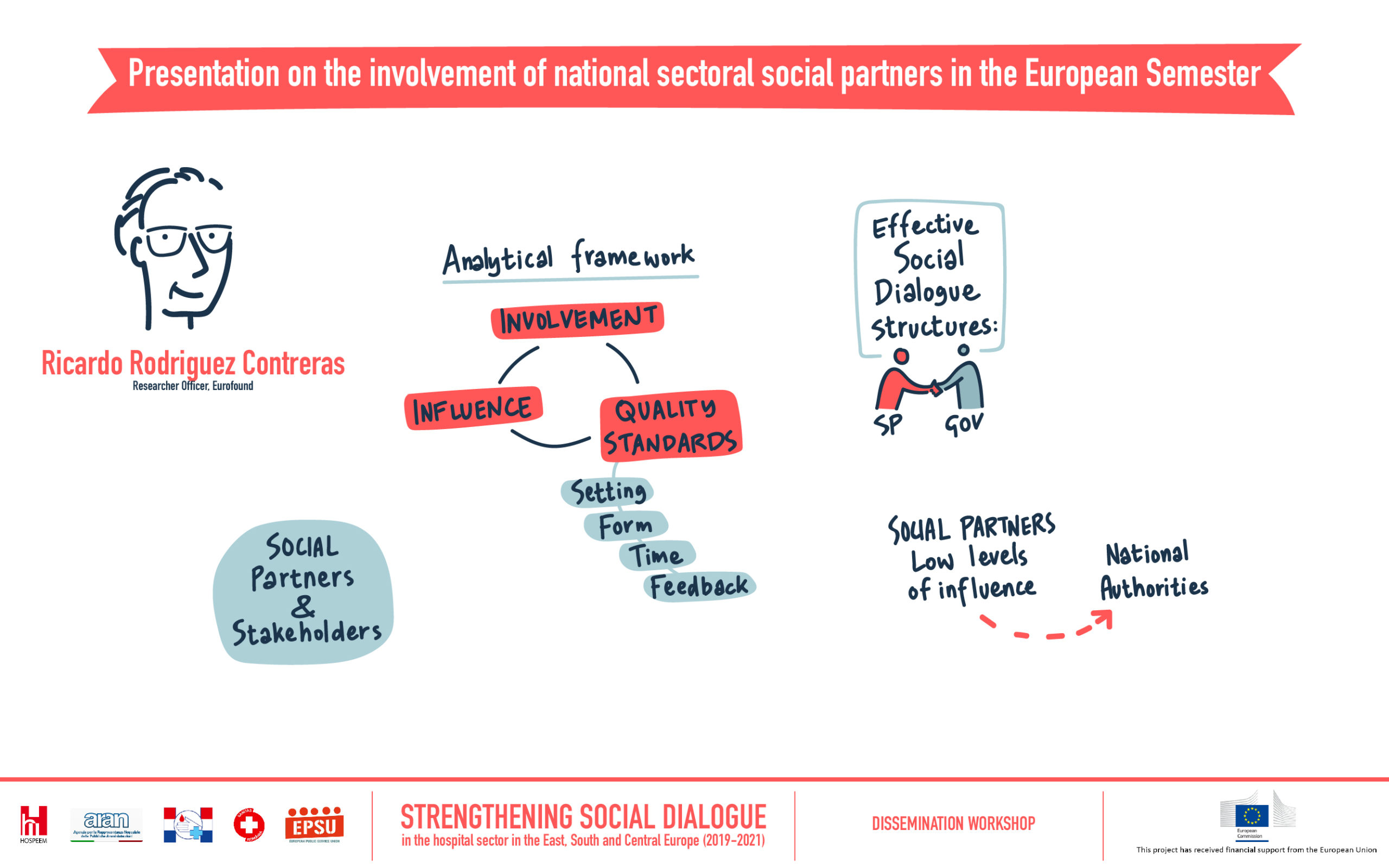
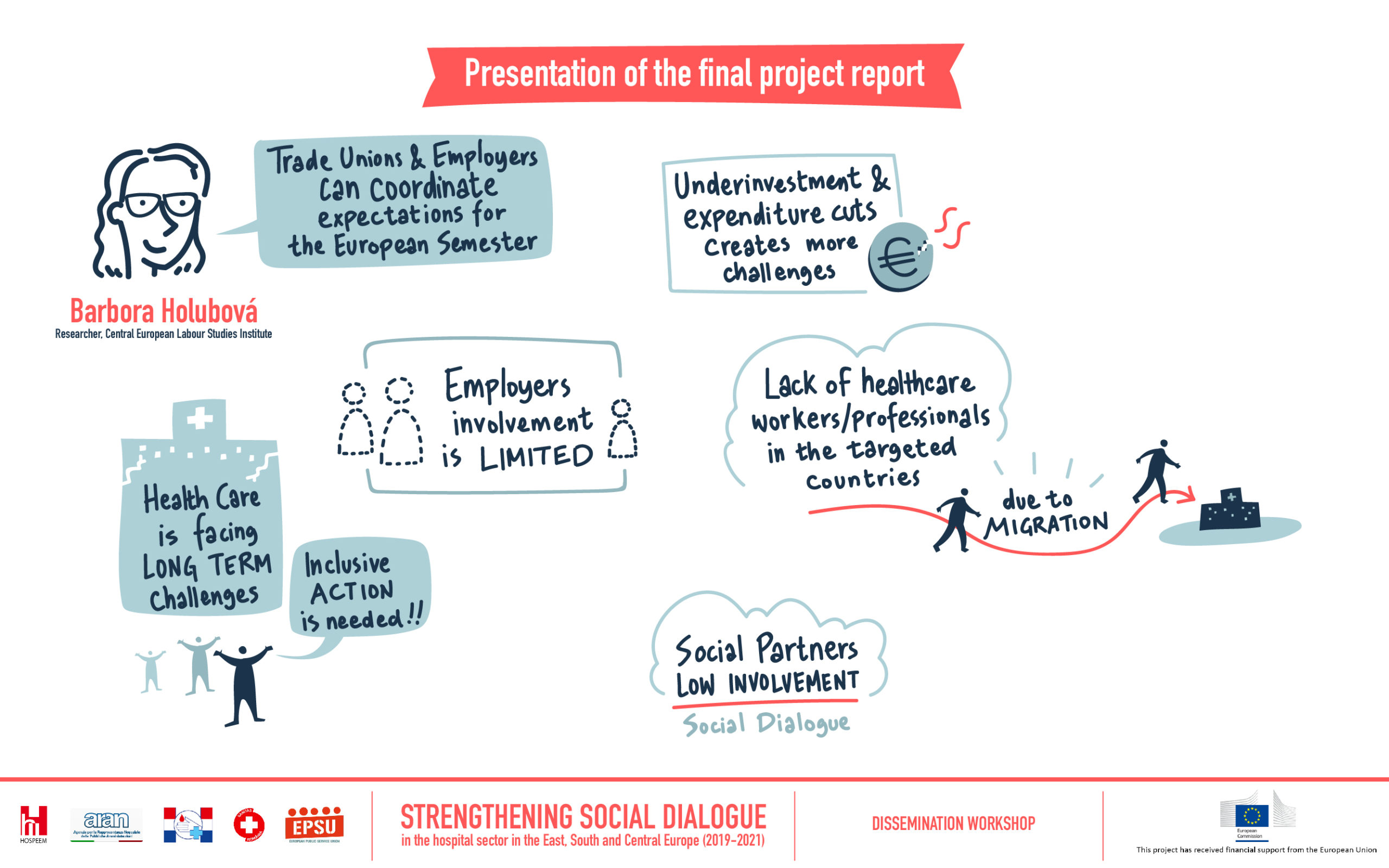
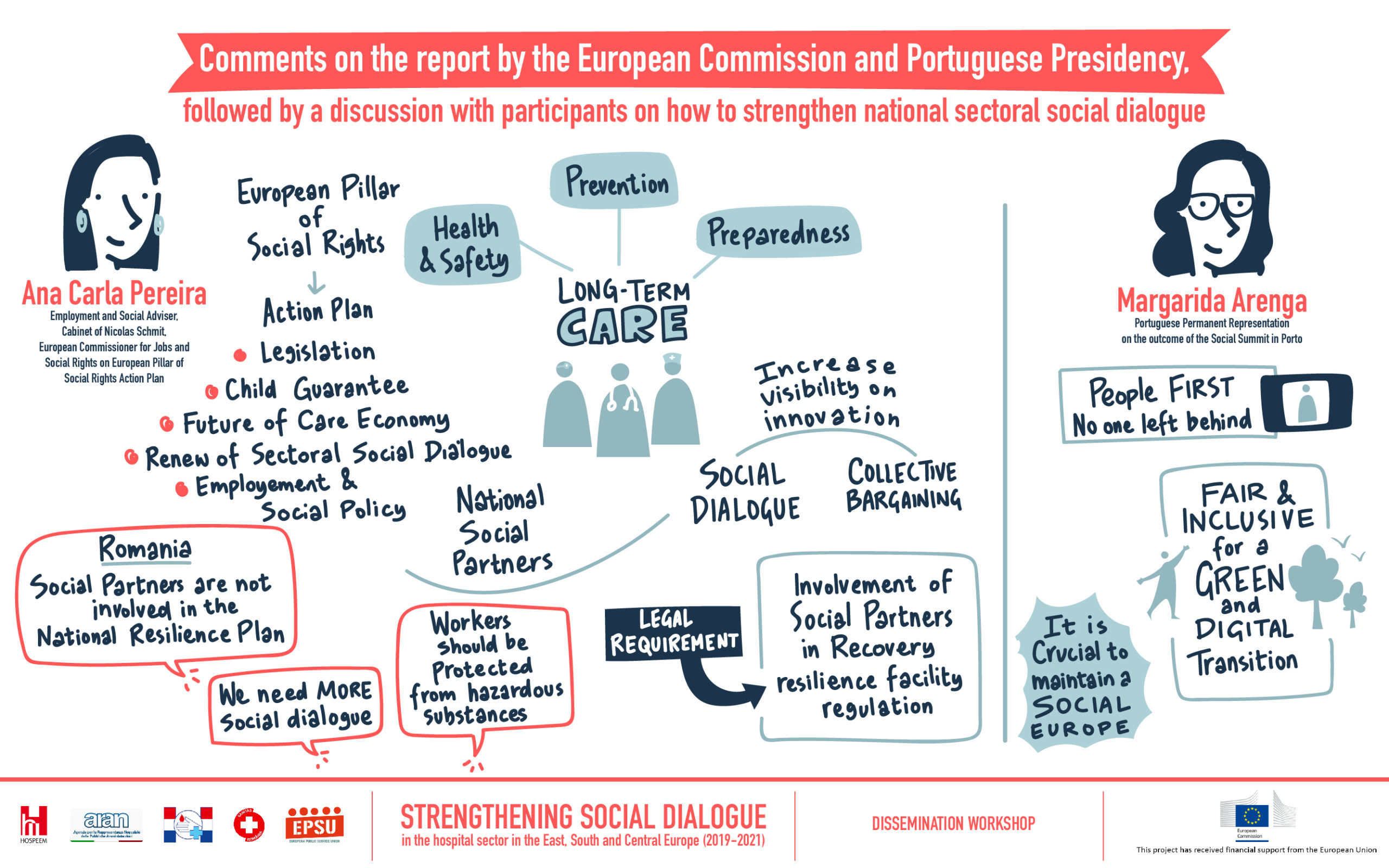
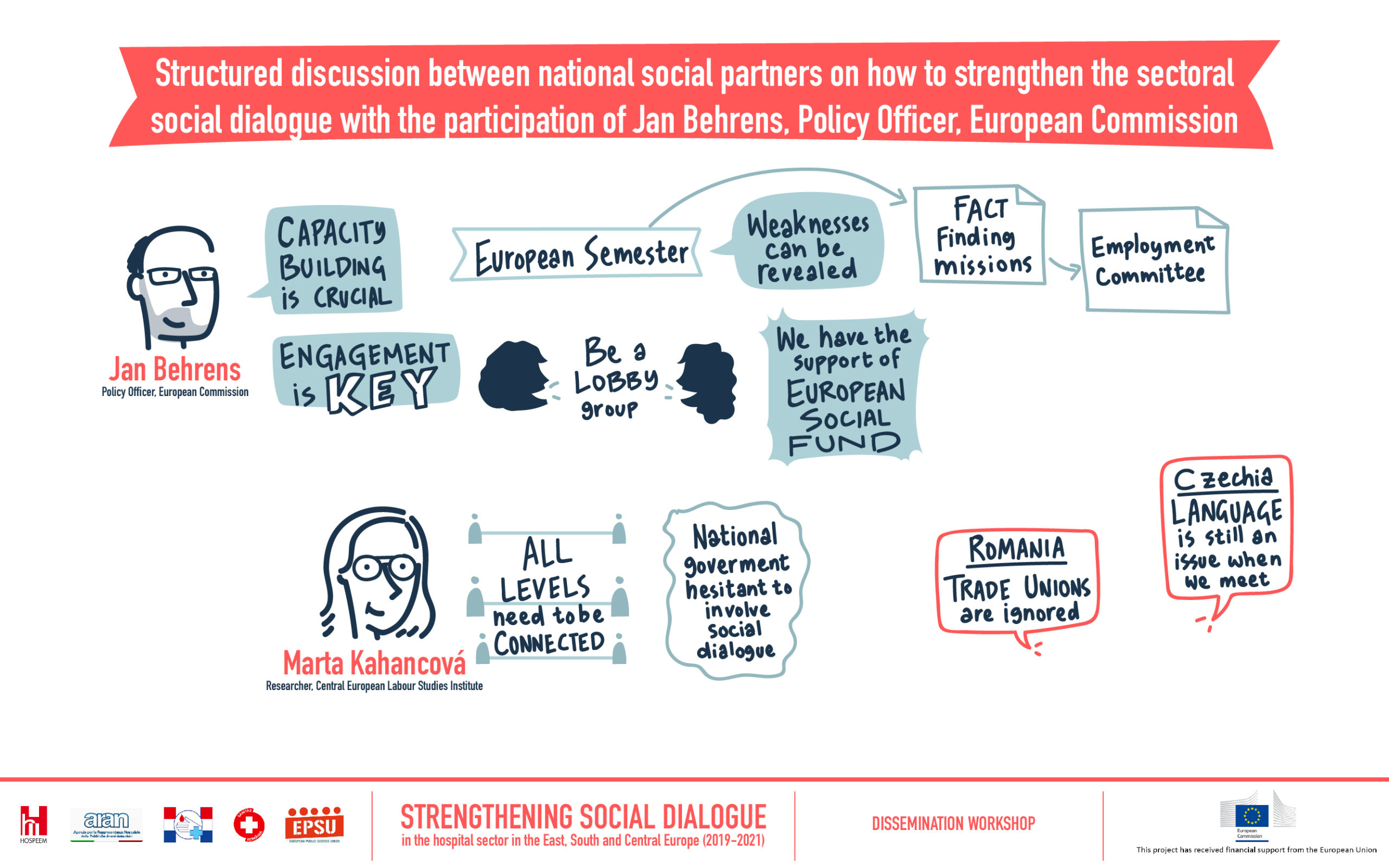
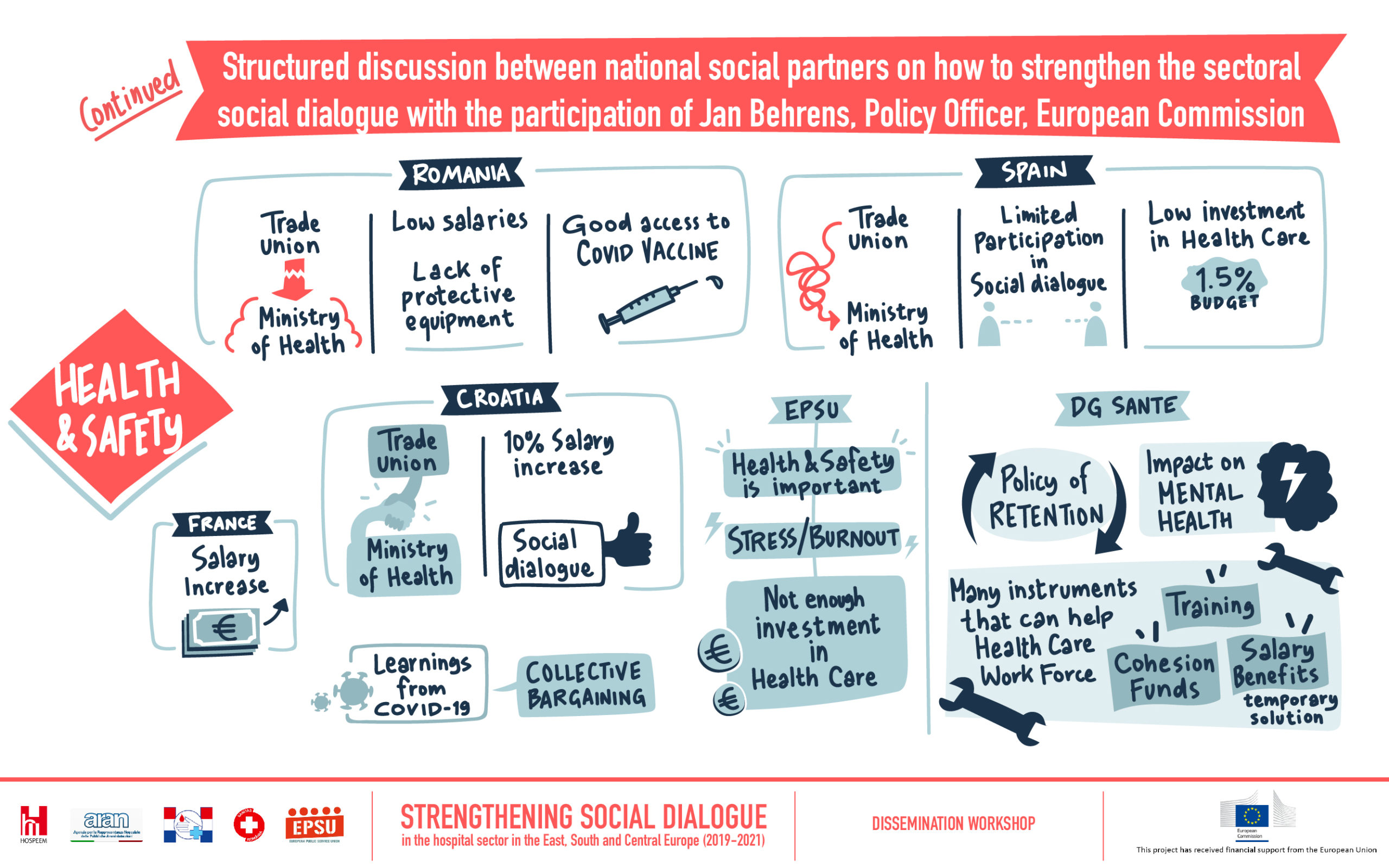
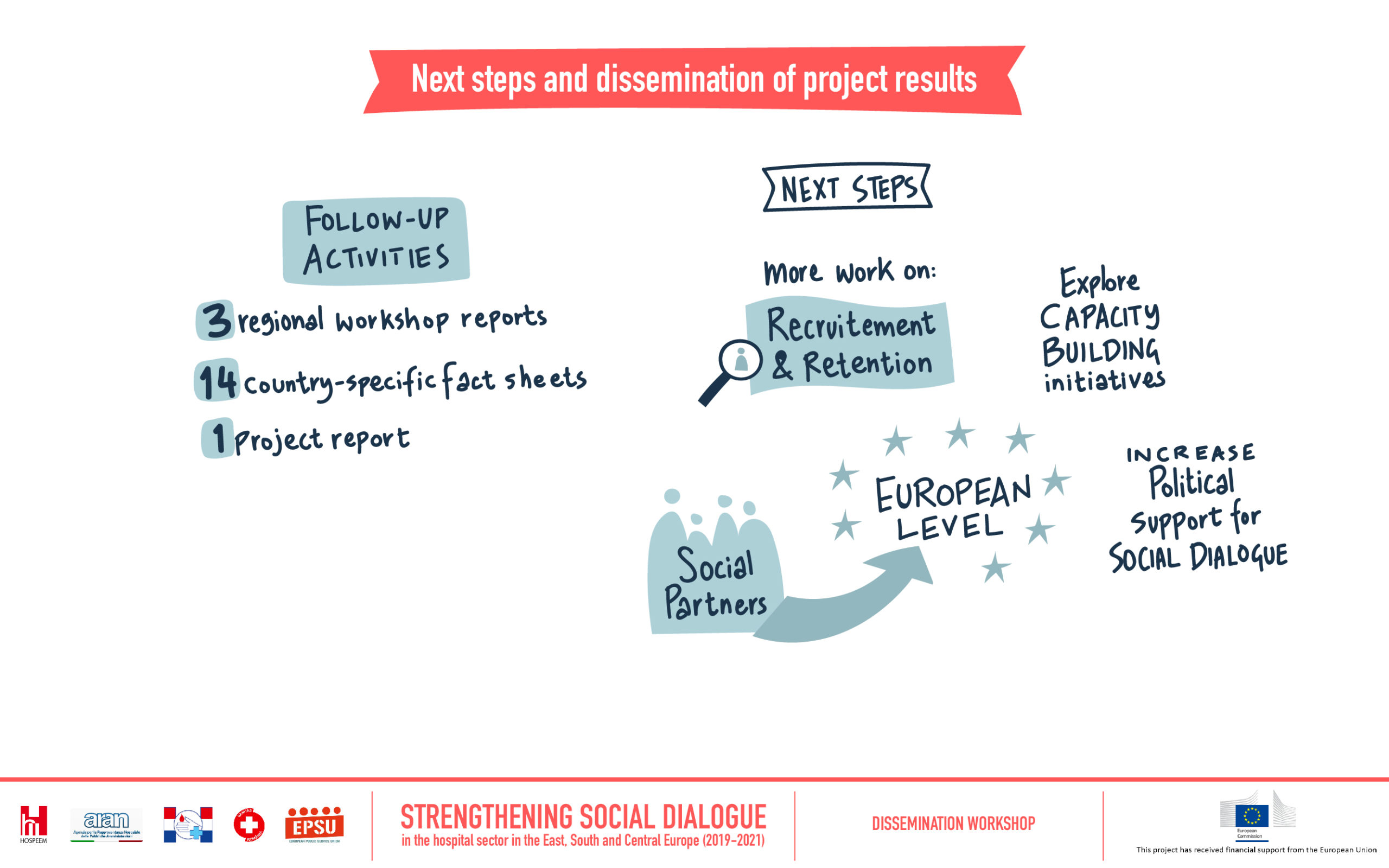
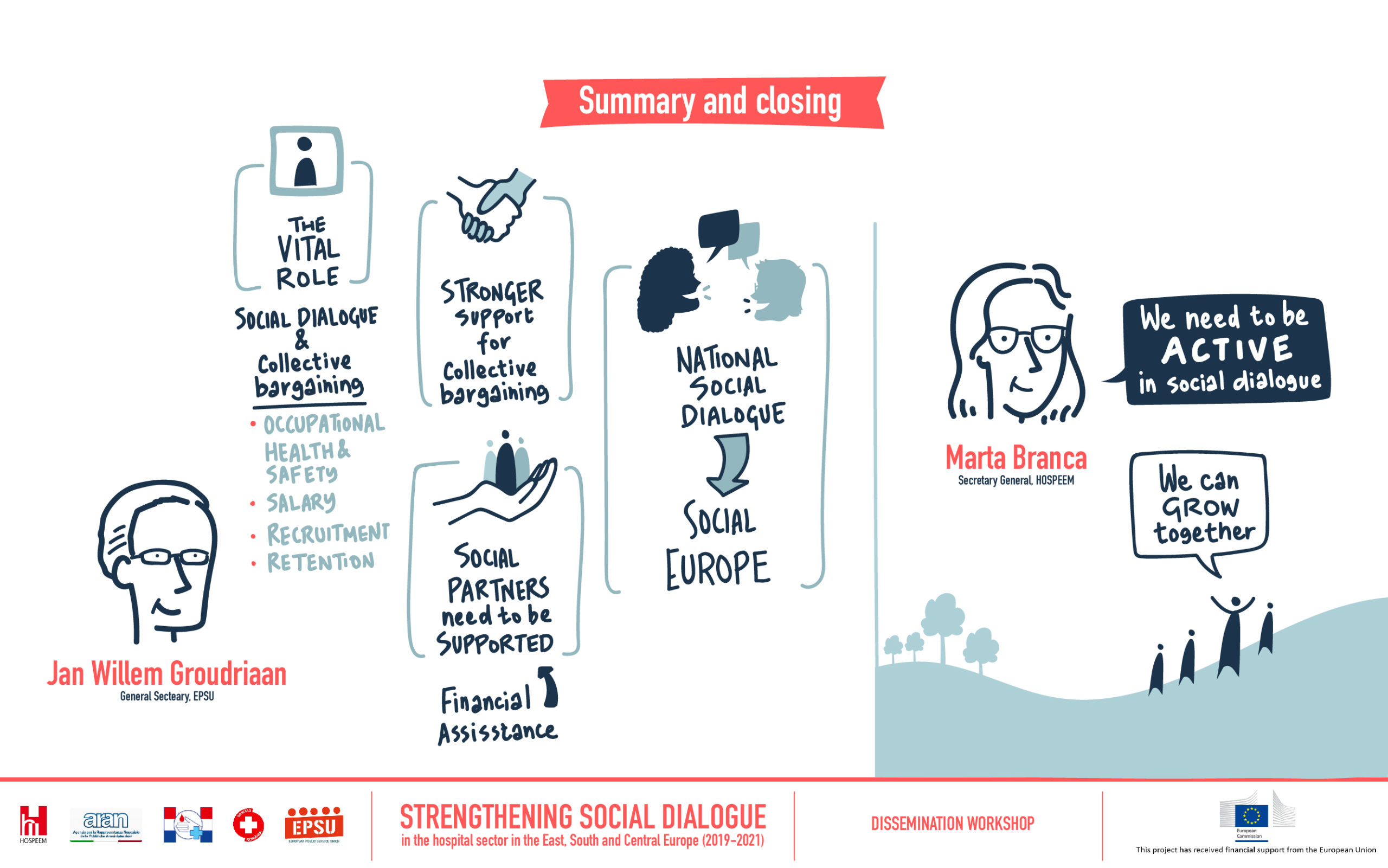
Recent Comments